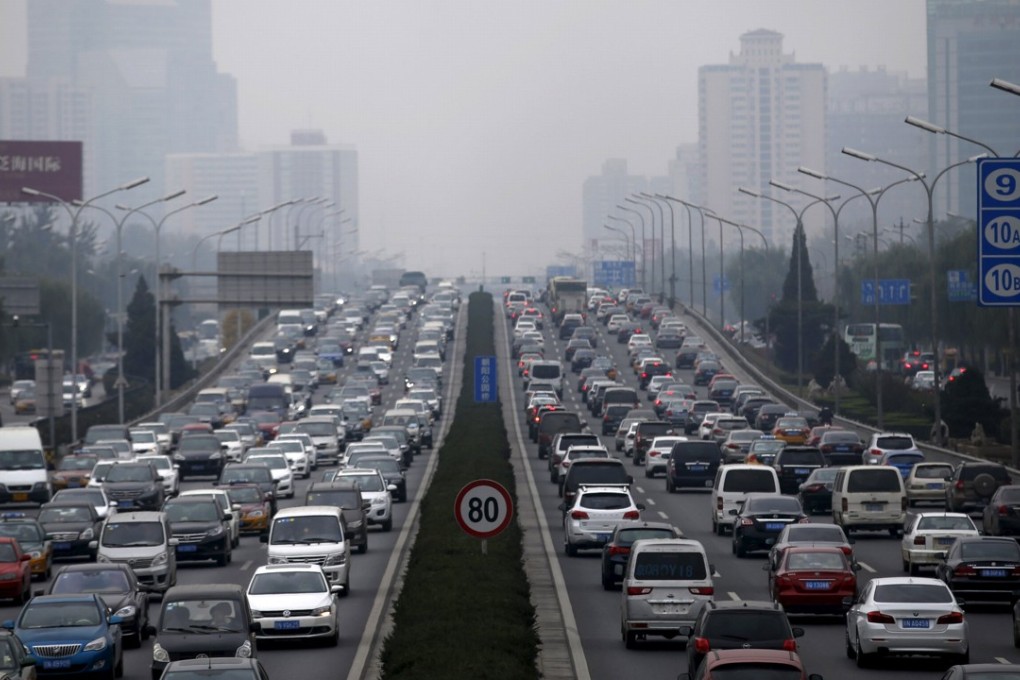Why Beijing’s plan to stop producing petrol and diesel cars could be a game-changer for the industry
Authorities study timetable to put brakes on fossil-fuel vehicles in race to cut emissions and pollution

China is working on a timetable to stop production and sales of fossil-fuel vehicles as it races to develop new-energy vehicles and clear the country’s polluted skies, a senior Chinese industry official said on Saturday.
Addressing a car forum in Tianjin, Xin Guobin, vice-minister of industry and information technology, said China was considering following in the footsteps of some European countries to phase out fossil-fuel cars.
“Many countries have adjusted development strategies ... Some countries have worked out a timetable to stop production and sales of traditional-fuel vehicles,” Xin said.
“Now the Ministry of Industry and Information Technology has launched a study as well, and will work with related departments on a timetable for our country”.
The Netherlands and Norway have already set targets to ban fossil-fuel cars by 2025, with sales after that deadline limited to electric and plug-in hybrid vehicles.